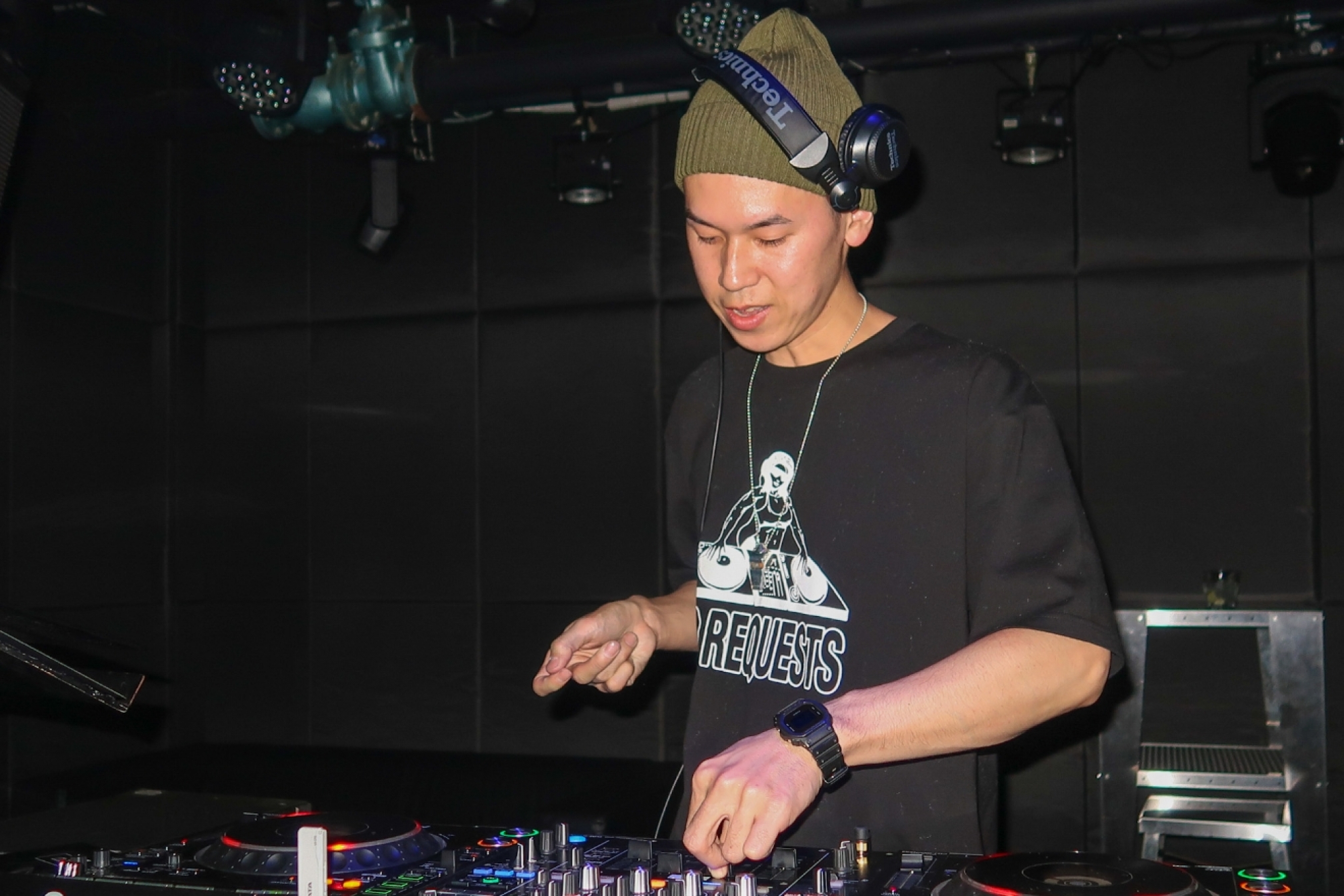 Interviews
Interviews
Artist Spotlight: WRACK is adrift on the sea of global club music
Mengzy gets further acquainted with the Japanese producer & CHEMICAL MONSTERS head who also provides us with an exclusive mix
Scattered across the earth and separated by land and sea, a global club diaspora counts WRACK amongst its members. Based in Tokyo, WRACK is a DJ and promoter that has been borrowing and blending beats for nearly a decade as a producer.
A hip hop head since his teenage years, WRACK bought his first set of turntables in 2009. At the time, DJs in the Japanese hip hop scene had started mixing electronic music, such as Daft Punk, into their sets and this proved to be a strong influence on the budding selector. This turned WRACK on to other dance acts, like Diplo and open-format don A-Trak, leading him to gradually become, in his words, “obsessed” with electronic music.
Then, in 2015, a fateful encounter with Mexican collective N.A.A.F.I set WRACK toward new stylistic horizons as he became enamoured with the underground crew’s signature genres, such as reggaeton and dancehall – incidentally, 2015 was also the year that WRACK started producing his own tracks.
Musical open-mindedness underpins everything that WRACK does, whether it’s through his open-format party brand CHEMICAL MONSTERS or via his own productions. Since donning a producer’s hat, WRACK has continued to craft his hybrid sound on a truly global scale with releases on over a dozen labels across Asia, Australia, Europe and South America.
The DJ-producer has captured his eclectic blend of global club music on an exclusive mix for Mixmag Asia (listen below) that opens with a track from his latest EP, ‘FM Chicken’, which dropped on March 31.
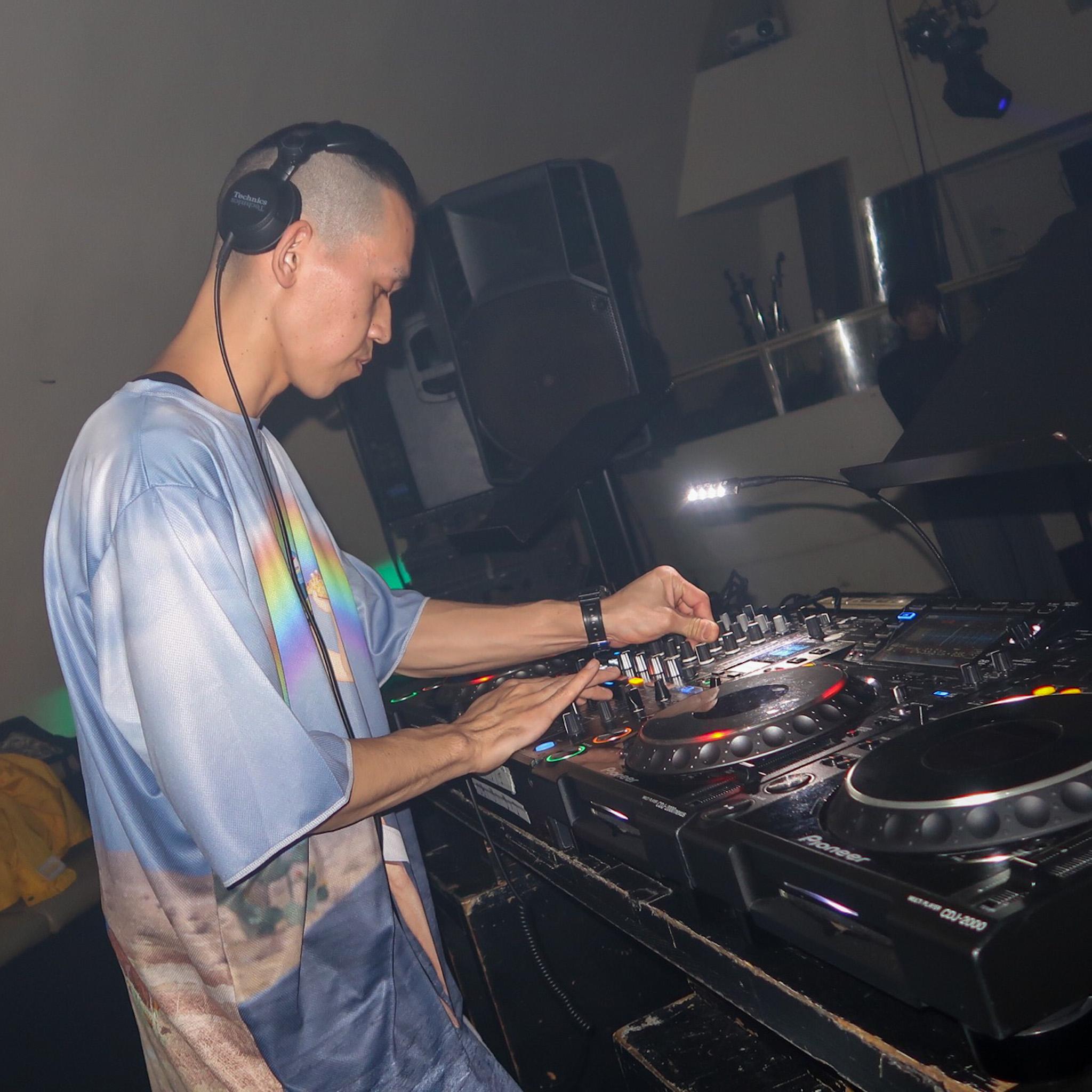
Hi, WRACK! You’ve been described as making “Japan-style club music”, fusing homegrown genres like gorge with other global rhythms. Can you break down what that means to you?
I want to create Japanese-style music by playing beautiful melody lines using the Japanese scale. There are several types of Japanese scales, but the easiest way is to eliminate the 4th and 7th or the 2nd and 6th tones of the normal scale. At the same time, I express my own style by combining reggaeton, dancehall, gqom, and other music that has strongly influenced me, with the Japanese scale.
How did you first get exposed to these diverse genres like reggaeton and dancehall, for example?
My best friend and mentor IRIKI runs a clothing and music store in Tokyo called Radd Lounge. In 2015, he collaborated with [Mexican collective] N.A.A.F.I on an accessory and apparel drop, and we got introduced. That’s how I fell in love with reggaeton and dancehall — at the end of 2015, I held N.A.A.F.I’s Tokyo debut party.
After that, my friendship with them continued. In 2018, I finally went to Mexico to spin at one of their parties and in 2019, my EP ‘Despertar 醒‘ came out on their label and I became the only N.A.A.F.I member in Asia. In 2020, I was supposed to go to Mexico again to play for their tenth-anniversary party but due to the pandemic I wasn’t able to.
Meeting N.A.A.F.I was the luckiest thing in my life as an artist. I learned a lot from them and I can’t wait to go to Mexico again. In the meantime, they’ll be releasing my album next month that’s been in the works since 2021!
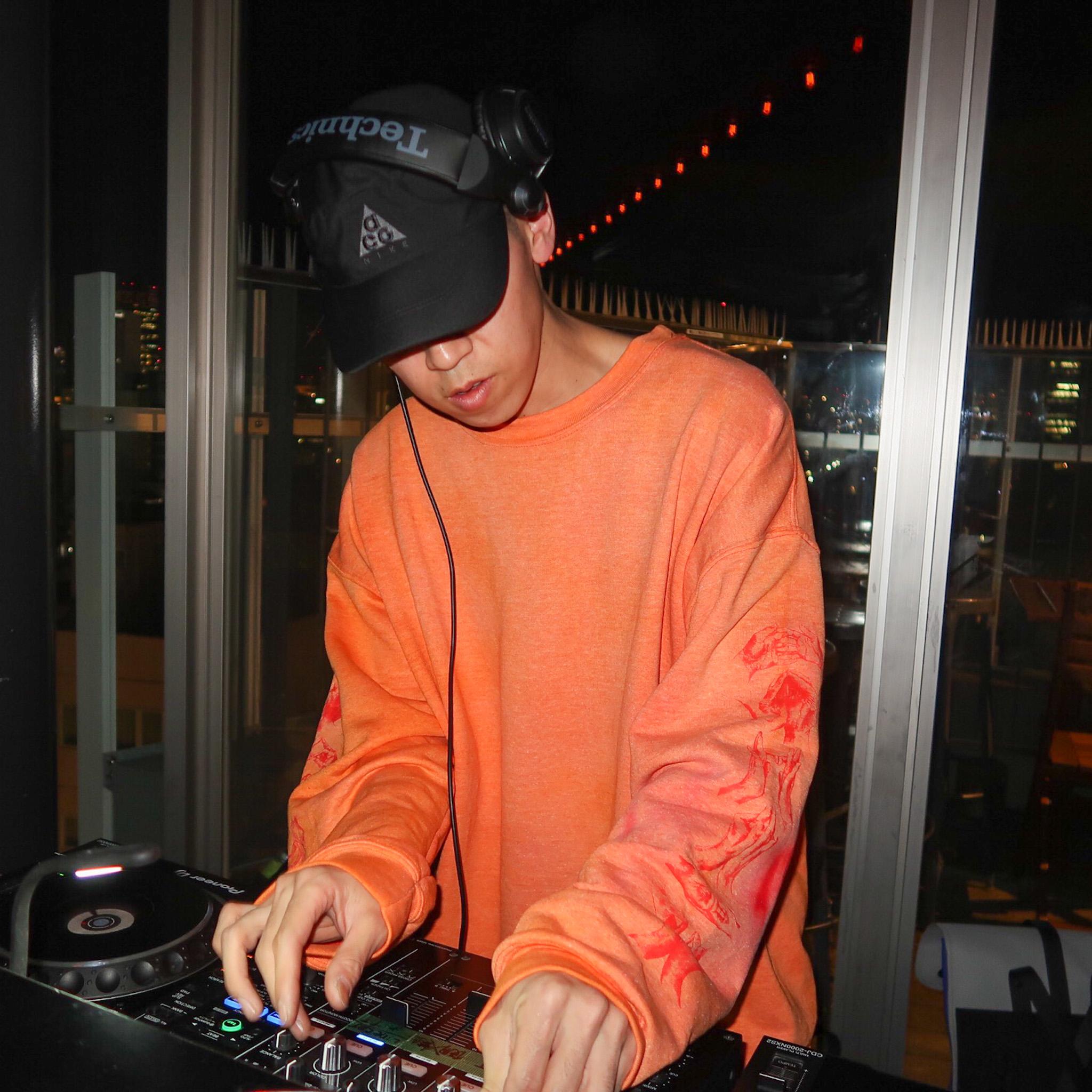
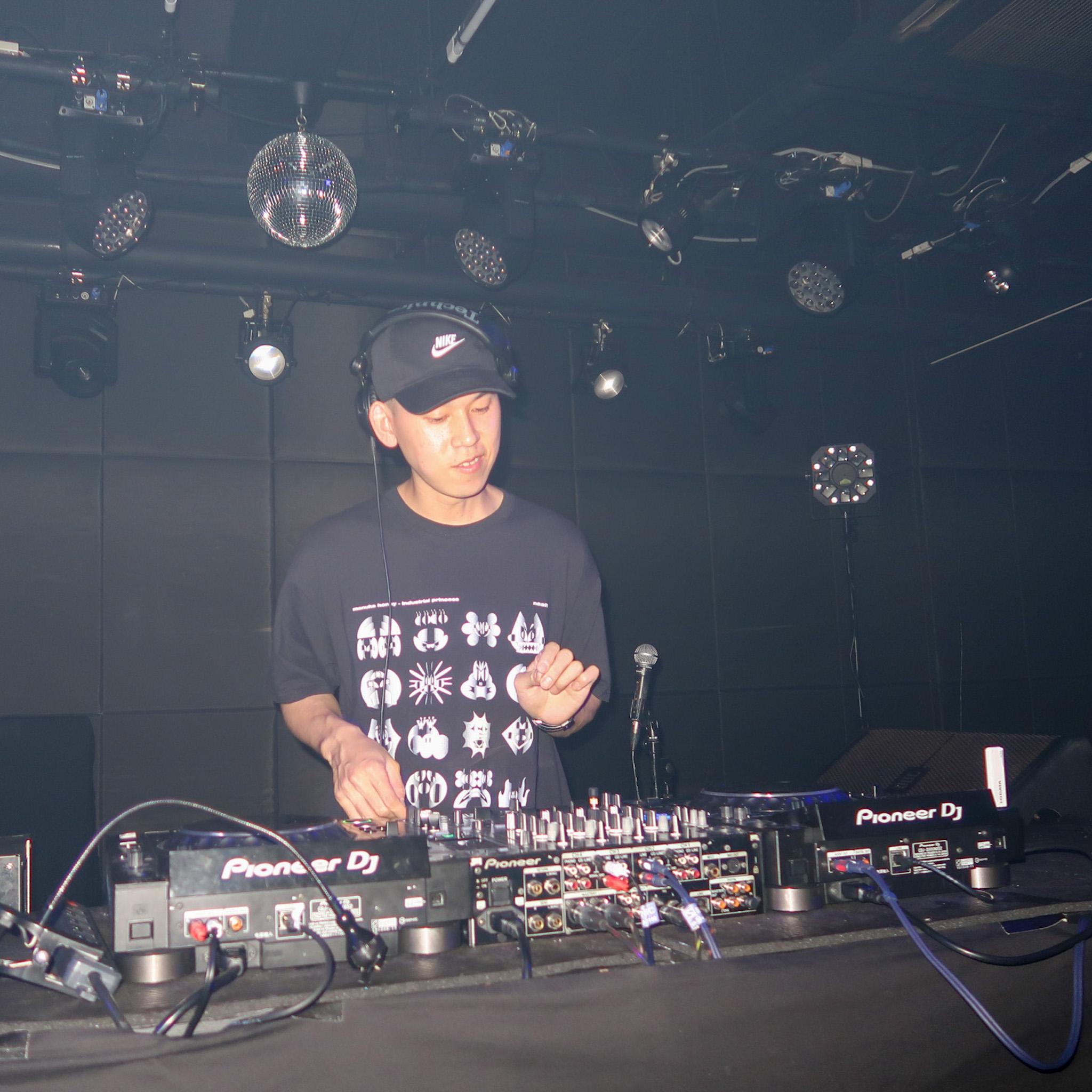
Read this next: Style and struggle break free in Rinsaga’s ‘Saga’
Did N.A.A.F.I. also introduce you to gqom?
Actually, no. For gqom, which originated in South Africa, I was influenced by a Japanese party crew called TYO GQOM. They run a label called USI KUVO and I’ve had two EPs released from there: Narimasu and Topchop.
The TYO GQOM crew performed at the Nyege Nyege Festival in Uganda last year, making them a Japanese African music crew that has been recognized in Africa. I am not a member of TYO GQOM, but they are my most respected friends in Tokyo.
It seems the scene for these styles in Japan is still relatively small. What’s your take on that and how does it affect you personally?
Hard techno and rave music seem to be popular in Tokyo these days – their music is really cool but I don’t like to feel limited. I really love mixing different music genres… I was originally a hip hop DJ and I still like it. Without that experience, I wouldn’t be the flexible person I am today.
I’ve released my music on various labels all over the world, but I haven’t received much recognition in Tokyo yet. During the pandemic, I did get some more recognition in Japan by releasing my EPs on USI KUVO and TREKKIE TRAX. That’s probably the only thing I am grateful for during the pandemic.
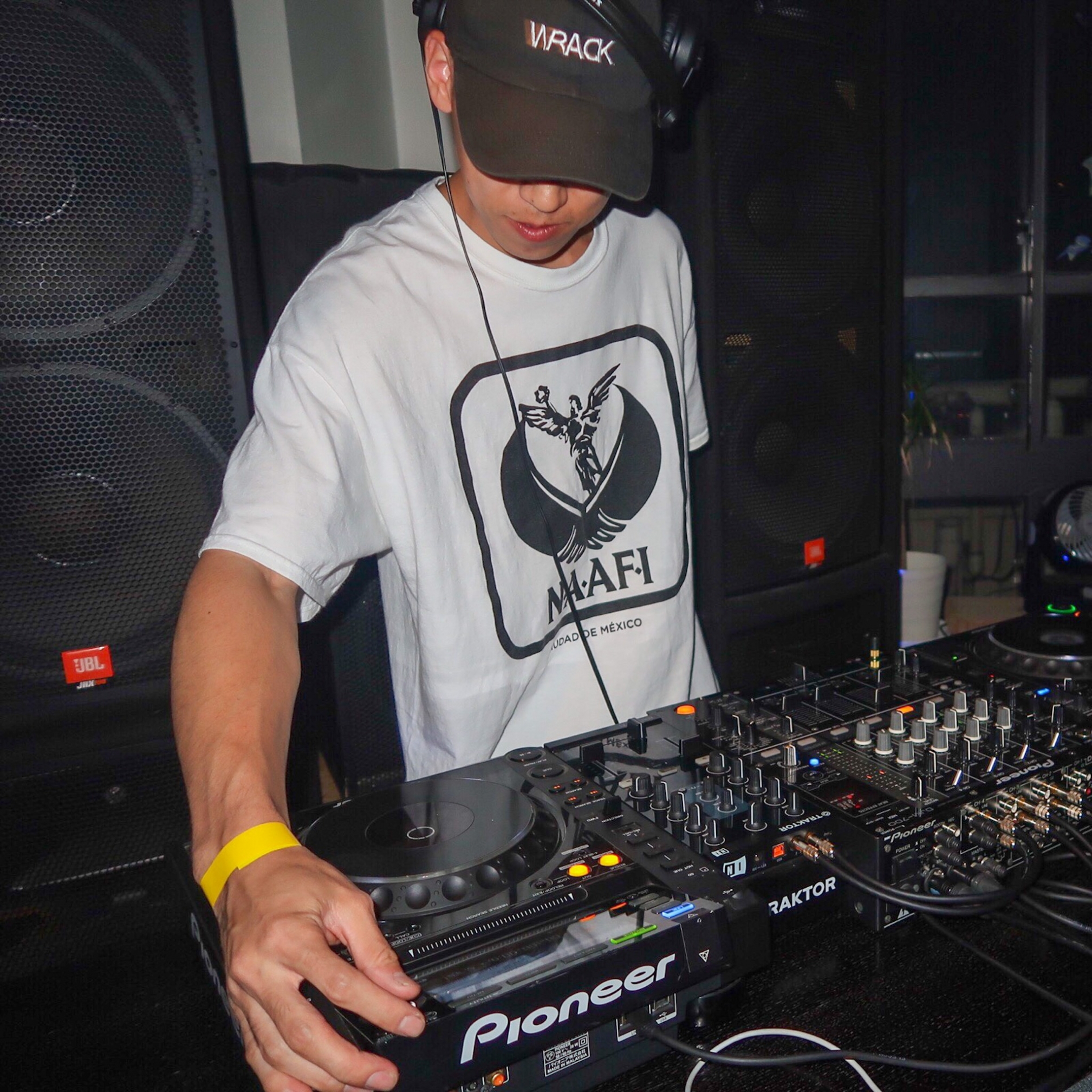
Read this next: Artist Spotlight: Jitwam's soul-seeking music reflects his universal demeanour
On that note, what’s the post-pandemic experience been like for your party brand, CHEMICAL MONSTERS?
I started CHEMICAL MONSTERS in 2011 at a venue called Hikari Cafe (now closed) in Shibuya, Tokyo and basically run it by myself. During Covid, we had to stop, but now that it’s back after the pandemic, I changed the name of the party to Re:CHEMICAL MONSTERS. Since October last year, I have been holding our parties at a venue called SPREAD. It’s not that big, but it’s the coolest venue in Tokyo right now.
Each party has a different line-up, so the music is different and we’re never tied to a particular genre. I’m always looking for combinations that excite me.
As promised, here's an exclusive mix by WRACK that showcases his extensive exploration of idiosyncratic sounds from all over the globe. Listen to it below.
Mengzy is Mixmag Asia’s Music Culture Columnist, follow her on Instagram.


